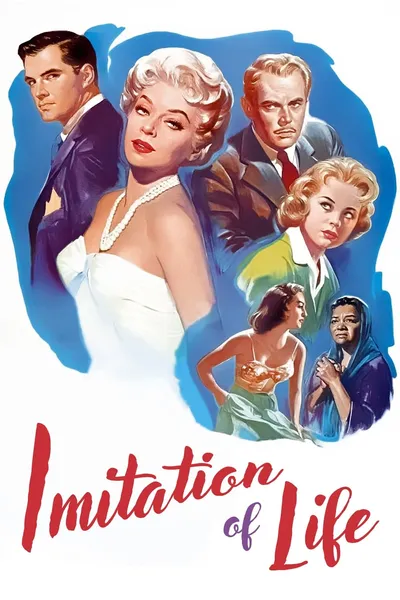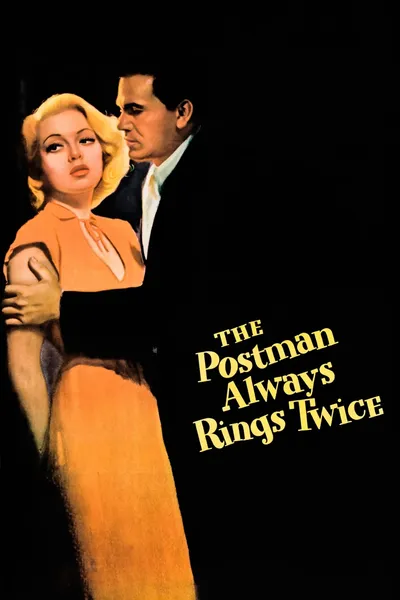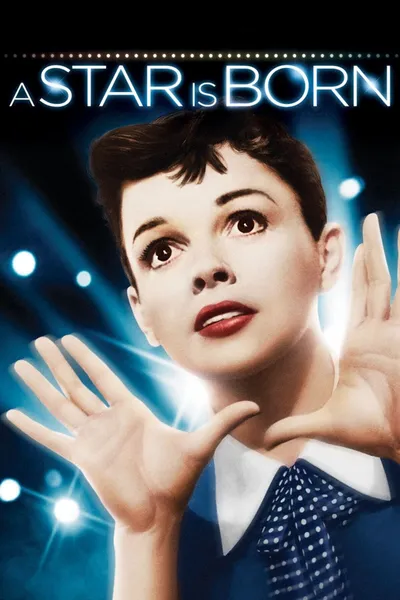Reviews


CinemaSerf
January 24, 20237.0
Whilst Lana Turner is great in this family drama, the plaudits really ought to go to the sparing appearances of the hugely charismatic Juanita Moore. The latter woman is very much down on her luck, with her daughter "Sarah Jane", when she rescues the young "Susie", separated at the beach from her mother "Lora" (Turner). Not that she has much better prospects, but "Lora" takes in the destitute couple and that seems to act as her good luck charm. A budding actress, she finds herself slowly but surely - with the aide of the less than scrupulous "Loomis" (Robert Alda) - climbing up the greasy pole - without, it has to be said, compromising her integrity. The four march on as her star rises, but of course there is no pain, no gain. "Sarah Jane" (by now Susan Kohner) is of mixed-race, and as she struggles to fit in socially, she goes off the rails. Meantime, "Lora" has an on/off relationship with "Steve" (John Gavin) to whom, also, her daughter takes a bit of a shine too! It's not a melodrama, this film - it's a well crafted characterful drama that mixes comedy, aspiration, racial tension and love - in many different guises; and it delivers a thought provoking but still very entertaining look at 1950s America. Success always comes at a price, and much of Turner's excellence here comes from the fact that she plays a woman who almost glides through life without really appreciating how or why it impacts on her. It's only when the tragedies - yes there are a few - start to hit her square on, that she has to adjust to real life. Gavin was never really any better than eye candy, but here he does have an extra gear and there are strong contributions from both Kohner and Sandra Dee as the sixteen year old "Susie". Henri Mancini had a hand in the score of this lavish and complex story that really does allow the talent on screen to deliver some solid writing well and engagingly. Two hours just flies by.

griggs79
September 23, 202410.0
Imitation of Life is a masterpiece that explores race, class, and privilege in 1950s America. Douglas Sirk's final Hollywood film masterfully contrasts the lives of Lora Meredith (Lana Turner) and Annie Johnson (Juanita Moore), using their intertwining stories to expose the stark divides of the era. The emotional depth of Annie's relationship with her daughter, who chooses to pass as white, is super-emotional and heart-wrenching. Sirk's use of heightened drama not only serves as a critique of 1950s society's blind spots but also enlightens today's audience about the issues of the time. In the final act, with Mahalia Jackson's moving performance, the film delivers an emotionally shattering experience that cements its status as a timeless work of art. Flawless.
Recommendation Movies
The Postman Always Rings Twice1946
My Sister and I1987
River of Grass1995
The Cousins1959
Christmas Waltz2020
A Children's Story2004
King of the Underworld1939
Fast Film2003
Teacher's Pet1958
Imitation of Life1934
Bulworth1998
On the Beach1959
3 Faces2018
Entranced Earth1967
At Middleton2013
A Star Is Born1954
Bring Me the Head of Alfredo Garcia1974
The Brides of Dracula1960
The Bad News Bears1976
Suddenly, Last Summer1959
© 2025 MoovieTime. All rights reserved.Made with Nuxt




















